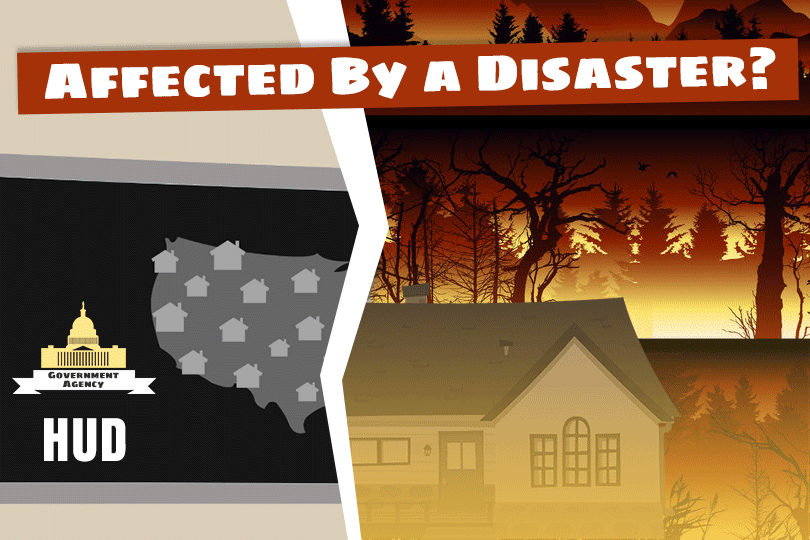HUD Announces Major Disaster Recovery Funding Initiative

Many states found themselves receiving Presidential disaster area declarations for affected counties; homeowners in federally-declared disaster areas are the beneficiaries of FHA’s foreclosure moratoriums and options for recovering damaged or destroyed homes using FHA 203(h) and FHA 203(k) Rehabilitation Loans, among other options offered via FEMA and the Small Business Administration.
HUD has also set aside more funding and assistance for current and future disaster areas. This assistance has been announced by HUD in the form of “Allocations for Community Development Block Grant Disaster Recovery” or CBGDR for short, plus the start of what HAD describes as a “CDBG-DR Consolidated Waivers and Alternative Requirements Notice.”
That notice is said to be “a critical step taken by the department to open access to more than $2 billion in federal funds to help communities equitably recover and improve long-term resilience” against natural disasters and “future climate impacts.”
The HUD Consolidated Notice includes guidance that covers the use of disaster recovery money (at least in part) that “require the beneficiaries of Community Development Block Grant-Disaster Recovery (CDBG-DR) “to incorporate disaster mitigation measures into all recovery activities involving construction and to advance equitable distribution” of disaster assistance funding.
HUD acknowledges climate change and such natural disasters as an ongoing threat to communities.
“As our nation continues to grapple with disasters ranging from hurricanes to wildfires, HUD is aware of the urgent need for equitable recovery and resilience,” said HUD Secretary Marcia L. Fudge, who was quoted in the HUD press release issued in January 2022.
Fudge adds, “HUD’s consolidated notice ensures that climate justice and racial equity remain central in our work to deliver swift recovery and keep resiliency at the forefront. The Department looks forward to continuing to work with communities so that they can get their disaster recovery and mitigation funds as quickly as possible.”
The HUD press release announcing these measures includes talk of how climate change and natural disasters related to it may disproportionately affect some Americans more than others.
“Low-income residents and people of color often bear more of the impact when climate-related disasters strike. Responding to this fact, HUD’s Consolidated Notice will accelerate community recovery and ensure that inclusive resilience and mitigation remain central to disaster recovery.”
HUD has committed to support what it calls “equitable resilience” as a key strategy to its planning in this area. The initiatives mentioned above represent approximately $5 billion in funding. Last year 10 states experienced 15 natural disasters which have tested this resilience in the last year.
------------------------------
RELATED VIDEOS:
Protect Yourself Against Identity Theft
Principal Payments and Your FHA Loan
Living in a Single Family Home

Do you know what's on your credit report?
Learn what your score means.







